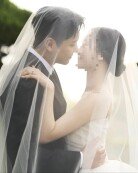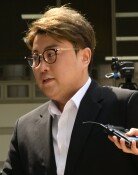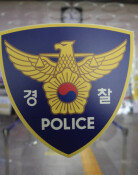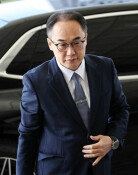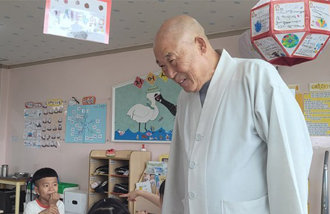[Editorial] Term Limits
On February 22, Prime Minister Lee Hae-chan commented in the National Assembly, The Constitution should be amended to allow the adjustment of presidential and lawmaker terms of office. The new terms should be enforced starting with the 2007 presidential election.
Meanwhile, President Roh Moo-hyun said yesterday, The current five-year presidential term is too long. I personally feel it is too long. From an institutional perspective, too, I think the term is too long. Still, I dont think it is right to carry out a mid-term stock-taking of what a president has accomplished just two years into his or her term of office.
Roh added, I dont intend to go beyond my authority as president to bring up the issue of a constitutional amendment. [But] if politicians and civic groups bring up the issue [of a constitutional amendment] for public discussion, I would consider being part of that discussion. His remark can be interpreted as a catalyst for the public discussion he referred to.
President Roh has just marked the third anniversary of his administration. Three years into his presidency, he needs to spend the remaining two years wisely. If he decides to put forward another proposal for a constitutional amendment to cause a stir in politics, he will end up interfering with the management of state affairs, a job he was elected to perform. So Roh is not the one who is in the position of suggesting amending part of the Constitution. Dubiously, his mention of a constitutional amendment might lead to unnecessary political interpretations, because the remark comes just three months before the local elections.
The current five-year term was first institutionalized in 1987 when Roh Tae-woo took office. Following Roh Tae-woo, Kim Young-sam and Kim Dae-jung served as president for a single term of five years. The current system prevents a situation in which a single politician stays in power for too long. On the other hand, the system has been criticized for allowing the president to never be responsible for his performance. Under the current system, the terms of the president and of legislators differ from each other. Given the fact that the difference increases political costs, it would not be unreasonable to mull over the idea of revising the Constitution.
Once the public debate over a constitutional amendment is in full swing, the debate could spill over into debates over other areas of the constitution. One potential area refers to sovereign territory that reads, The sovereign territory of the Republic of Korea includes the Korean Peninsula and its offshore islands. Another possible subject area is economic structure. Given the fact that left-leaning figures dominate the current administration, some are likely to argue that North Korea, a place virtually beyond the sovereignty of South Korea, can no longer be seen as part of South Korean territory. Chances are that a proposal for limiting private ownership for public good may come along over the course of debate and gain ground. All these add up to reasons why those in power should not initiate a discussion on reforming the Constitution.
It should be made clear that any attempt to take political advantage of constitutional reform will never be tolerated if such a reform is likely to harm or undermine Koreas identity, democracy, or market economy.



